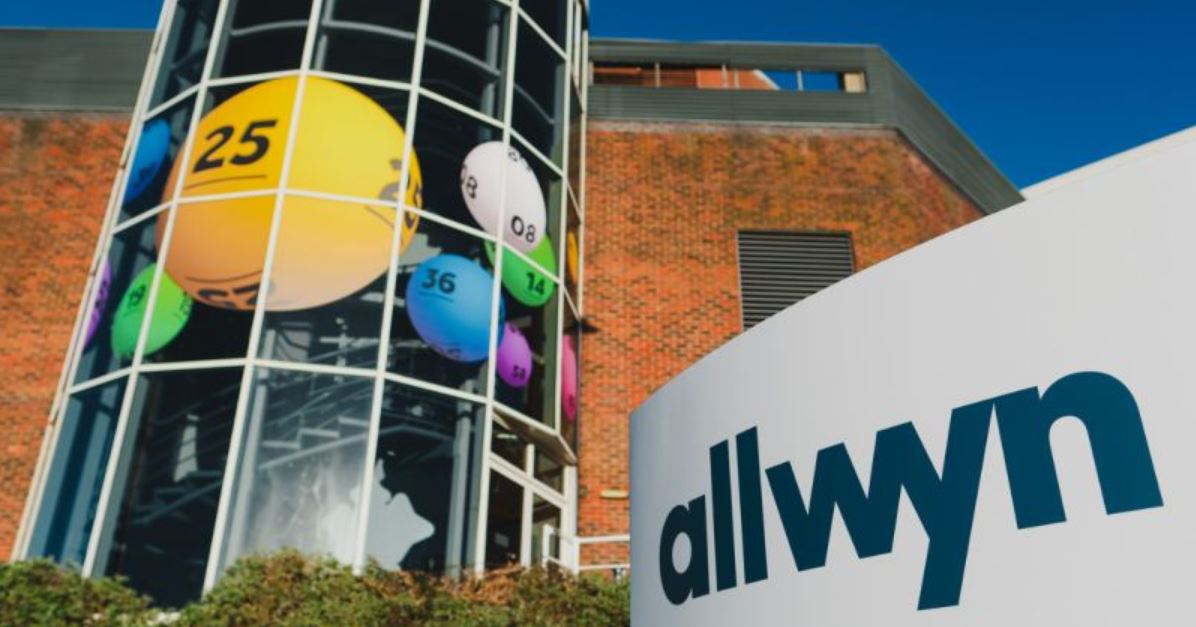
Britain’s Advertising Standards Authority (ASA) has warned Hutch Games after the video game developer failed to disclose that so-called loot boxes were used in two of its mobile racing games.
Two complaints have been made to the ASA about Hutch Games. Both cases were highlighted by an academic researcher in the field of gaming regulation. Leon Xiao from the Center for Digital Play at the IT University of Copenhagen confirmed to iGB that he had filed both complaints.
The first complaint was about F1 Clash – Car Racing Manager, a game on the Apple App Store in May 2023. The accompanying text states that the game was free to download, but some in-game items can be purchased with real money.
The complainant criticized the listing for not making it clear that the game also included the random purchase of items. These features, better known as loot boxes, allow players to unlock random in-game items for real money.
Hutch Games misinterpreted the advertising information
In response, Hutch Games said that users would be able to progress in the game regardless of whether they decide to spend money. Therefore, the ad was not considered to be missing essential information that would prevent consumers from making an informed decision about whether to download the game.
Hutch Games referred to the CAP guidelines for promoting in-game purchases. It states that if virtual currency can be earned in the game, the in-game storefronts and any incentives to purchase items would not be considered advertising. Since the in-game Bucks currency could be both earned and purchased, it was assumed that the CAP code did not apply to the ad.
However, after Hutch Games was informed of the complaint, it said it was clear that it had misinterpreted the CAP guidelines. Therefore, the product list in the Apple App Store is updated.
According to the ASA, the ad misleadingly omitted key information
In deciding the case, the ASA referred to the argument that in-game currency can be earned as well as purchased. However, this distinction only applies to in-game storefronts and incentives to purchase items within a game.
“We also understand that product listings on app stores fall within the scope of the CAP code, regardless of whether virtual currency can be earned in-game,” the ASA said.
The ASA also pointed to the reference to in-game purchases in advertising. No further information was provided regarding the nature of these in-app purchases or the ability to purchase loot boxes in-game.
“We therefore considered that the information in the ad was insufficient to enable consumers to understand that the in-game purchases included loot boxes,” the ASA said. “Because the ad did not make it clear that the game contained loot boxes, which we believed were essential to consumers’ decision to download the game, we concluded that the ad misleadingly omitted material information .”
The ASA ruled that the ad breached Rules 3.1 and 3.3 of the CAP Code (Edition 12) for misleading advertising. As a result, the ASA said the advert should not appear again in its current form. Additionally, Hutch Games has been ordered to make it clear whether other games contain loot boxes.
Similar verdict in the second loot box case
Looking at the second complaint, it was very similar in nature. A lawsuit was filed against Rebel Racing and the advertising did not state that loot boxes were included in the game.
Hutch Games makes almost identical arguments, as players can progress with or without real money. It also said that the keys could be both earned and purchased in the game.
However, it was again pointed out that the CAP guidelines on in-game advertising purchases had been misinterpreted.
The ASA came to a similar conclusion. It noted Hutch Games’ statements, but also pointed out that the advertising lacked information about the nature of in-app purchases or whether it was possible to purchase loot boxes in the game.
“Because the ad did not clearly indicate that the game contained loot boxes, which we believed were essential to consumers’ decision to download the game, we concluded that the ad misleadingly omitted material information.” said the ASA.
The ASA added that the advert must not appear again in its current form. In addition, Hutch Games must clarify whether other games contain loot boxes.
“Following discussions with the ASA, we admit that an error was made in the listing of our store page for our games Rebel Racing on the Google Play Store and F1 Clash on the Apple App Store,” a Hutch spokesperson said.
“We corrected this error immediately. We will ensure that all future listings contain the correct information.”
Connection between loot boxes and gambling
Much has been said and written about the apparent connection between loot boxes and gambling. Concerns have been raised that an element of gambling – the exchange of money for a random item – may be present in video games played by children.
In July, UK Interactive Entertainment (Ukie), the trade body for the UK gaming industry, published guidelines on the provision of loot boxes, recommending age restrictions for loot boxes to those over 18 years of age.
Ukie’s guidelines are the result of the technical working group. This was set up by the Department for Culture, Media and Sport (DCMS) in July 2022.
The group was formed in response to the government releasing the results of a call for evidence on loot boxes. This was introduced in September 2020.
Loot boxes have also caused a stir in other markets. These and many other topics will be discussed this week at the Federal Gambling Congress in Germany. Robert Hess from Gamblingwesen.de summarized the current attitude towards loot boxes last week.
WestLotto, the state lottery of North Rhine-Westphalia, also recently called for discussions with politicians, scientists and industry representatives about the loot box regulation.






